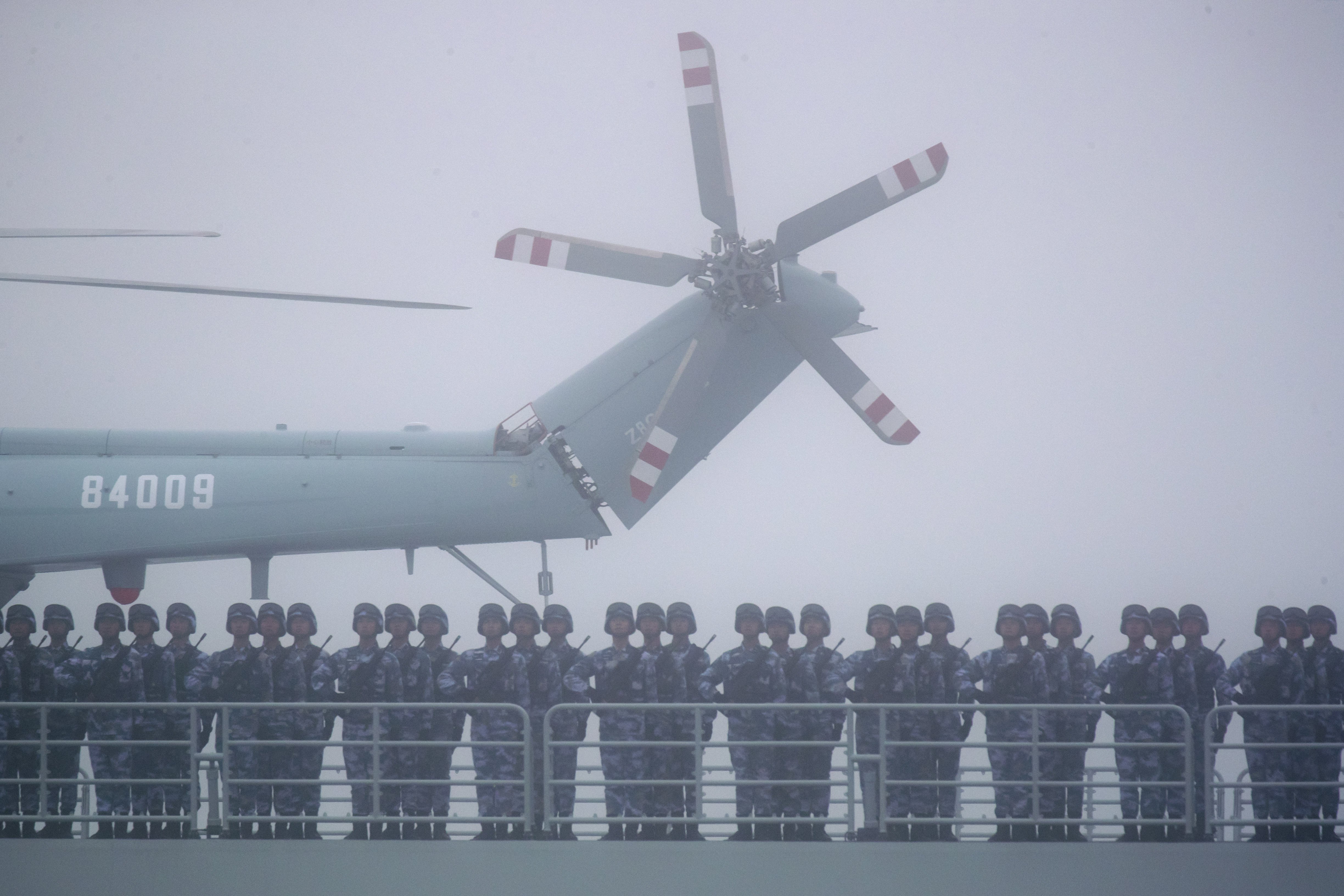
Yes, we have been watching, horror-struck, as two sovereign states unleashed fire and death upon each other’s populations. Israel pre-emptively, Iran in self-defence, both have entered into a state of war.
Given the geostrategic fragility of the Middle East, this is alarming. Even more alarming, however, is that the United States appears (at the time of writing) to be seriously contemplating joining the war at Israel’s side.
So, this past week has been a week of violence and dread. A week of fear.
But, it has also been a week of agency. Agency, as in "action or intervention producing a particular effect" is a crucial attribute of geopolitical power.
A sovereign state without the will and the means to act, to intervene, with high levels of confidence that the nett effect of its intervention will accord with its expectations, is not a geopolitically significant power.
It might be assumed that the five permanent members of the United Nations Security Council — the USA, the UK, the Russian Federation, France, and the Peoples Republic of China — would all be possessors of geopolitically significant agency.
The veto power wielded by each of the five permanent members is, presumably, an acknowledgement of their ability to disturb the peace of the world unilaterally and seriously. Of their agency.
Except that, in the 21st century, only two of the five permanent members, the USA and the Russian Federation, have demonstrated significant geopolitical agency.
The Americans have invaded and conquered (if only for a little while) Afghanistan and Iraq. Russia has invaded and occupied roughly a third of Ukraine’s territory, but Ukraine continues to rule the rest.
Now, it could be convincingly argued that these invasions and occupations, far from being examples of geopolitical agency, are actually demonstrations of American and Russian weakness.
In the American case especially, the failure to secure the anticipated effects of its Middle Eastern interventions called into question its status as ‘‘the world’s sole remaining superpower’’.
Ditto, in regard to the Russian Federation. The Russian President Vladimir Putin’s confident expectation that the Ukrainian capital, Kyiv, would fall to his armoured columns in less than a week proved to be wildly misplaced. Three years, and one million Russian dead later, Kyiv remains free.
And the other permanent members? What of their agency?
In this century, neither the UK, nor France, have attempted to act or intervene unilaterally. Indeed, their capacity to do so must be seriously doubted.
After all, if the UK and France were in possession of genuine geopolitical agency they would have confronted Vladimir Putin with steel, not protests.
Not that they were permitted to do otherwise. Until the arrival of Trump, it was a rock-solid American policy that the movers-and-shakers of Europe: the UK, Germany, France and Italy; must never be permitted to acquire the military strength to act independently of the US.
The European states were never to become agents in their own right. Hardly surprising, when you think about it. Twice in the 20th century, just one of those powers, Germany, took on the whole world – and came within an ace of winning.
But what about China? Aren’t geopoliticians touting the People’s Republic as the next global superpower? Isn’t the Chinese dragon seen as Uncle Sam’s understudy, just waiting to huff-and-puff its firepower on the world stage?
Well, China is certainly building up a massive military force. It already boasts the world’s largest and most up-to-date navy, and the People’s Liberation Army currently has more than 2 million "active personnel".
The thing is, neither the Chinese army, nor the Chinese navy, has been in a real fight since 1979 – when the Vietnamese kicked their ass. Unlike the Americans and the Russians, the Chinese cannot call upon troops who know what it’s like to go to war.
No-one on the planet knows how the Chinese armed forces will perform in the face of a determined enemy ( such as Taiwan) and it’s difficult to avoid the impression that China’s leaders are in no real hurry to find out.
Though it vexes the five permanent members beyond measure, it is Israel that best exemplifies geopolitical agency.
And it will likely continue to do so – right up until it runs out of American ammunition.
■Chris Trotter is an Auckland writer and commentator.










